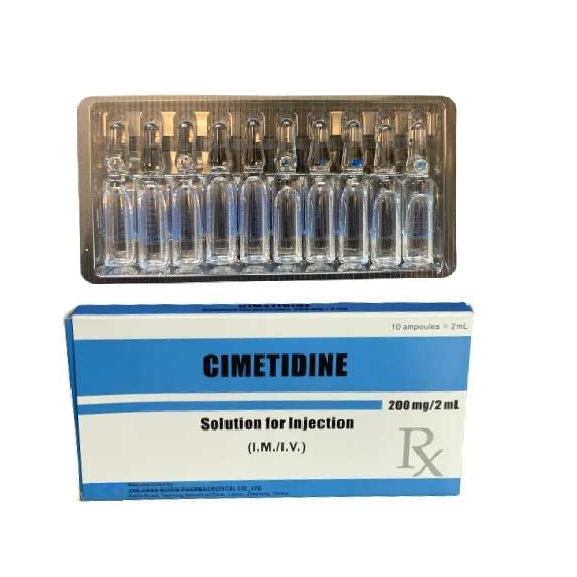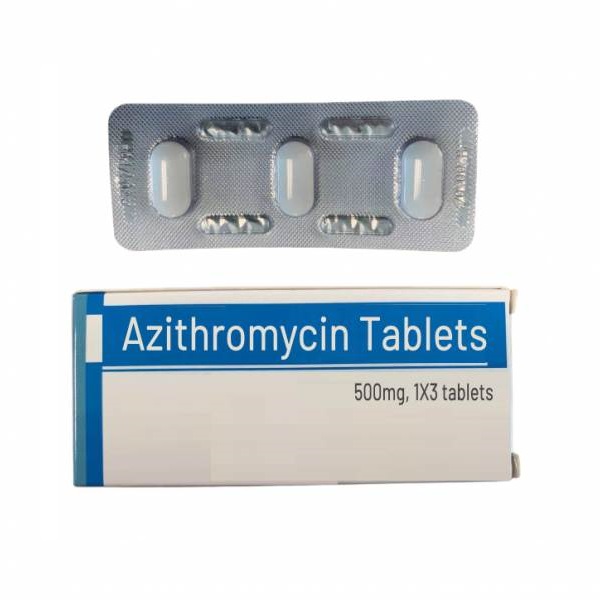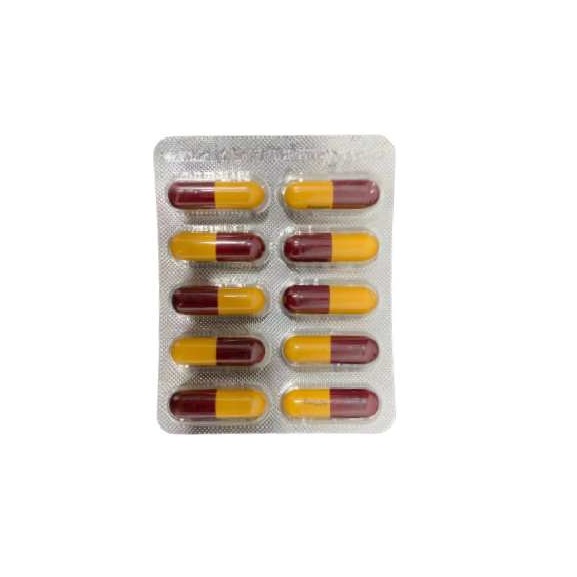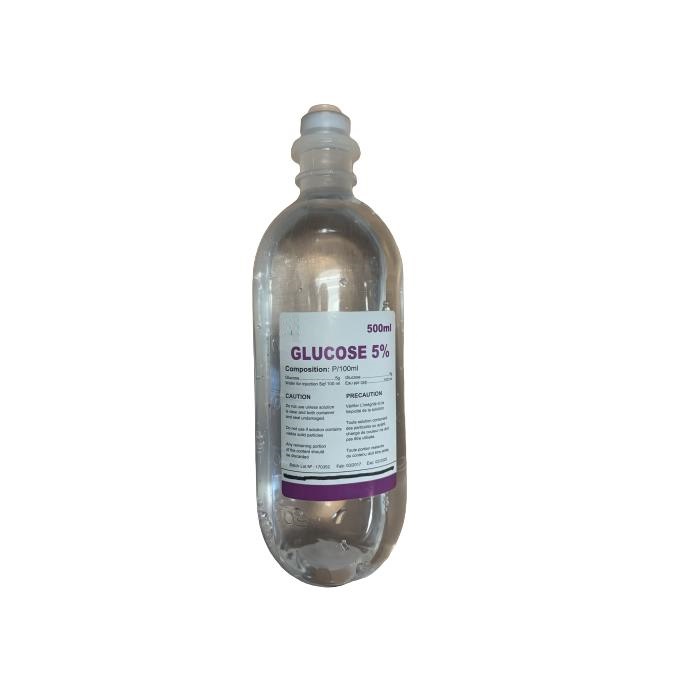Some drugs may also cause drug-induced constipation, which refers to the symptoms of decreased stool frequency, poor bowel movement, difficulty in exertion, dry stool, and low volume due to medication. Which medicines will Cause Drug-induced Constipation? Here is a list of them.
Anticholinergics
Such as anisodamine, scopolamine, atropine, belladonna, etc. Anticholinergics can be used for gastrointestinal colic by relaxing intestinal smooth muscle and relieving intestinal smooth muscle spasm. However, these drugs weaken intestinal peristalsis, prolong the transit time in the intestine, and cause constipation.
Non-steroidal anti-inflammatory drugs
Large doses or excessive application of non-steroidal anti-inflammatory drugs, such as ibuprofen, indomethacin, paracetamol injection etc., can cause constipation. Non-steroidal anti-inflammatory drug change the normal alkaline internal environment of the intestinal tract, leading to erosion and ulcers of the intestinal mucosa, causing constipation, abdominal distension or intestinal obstruction.
Diuretics
Diuretics such as furosemide and hydrochlorothiazide can cause dehydration of the body, which in turn increases fluid absorption from the colon, and lead to constipation.
Cationic preparations
Cationic preparations especially aluminum preparations form insoluble solids with food, causing hard stools which are difficult to discharge, leading to constipation. Common cationic drugs are as below
- Aluminum agents: such as aluminum hydroxide, aluminum phosphate, sucralfate, etc. High-dose aluminum has an astringent effect, and long-term use can aggravate constipation.
- Calcium agents: such as calcium carbonate.
- Iron agents: such as ferrous sulfate (Iron folic acid tablets).
- Others: such as bismuth citrate and barium sulfate.
Antipsychotics and antidepressants
Antipsychotics(such as chlorpromazine, perphenazine, and chlordiazepoxide), antidepressants(such as amitriptyline, doxepin), and anxiolytics (such as diazepam) may all cause constipation.
These drugs have effect for body’s normal acetylcholine metabolism, inhibit the normal autonomic nervous activity of the intestine, slow down the gastrointestinal motility, and lead to constipation.
Narcotic analgesics
Narcotic analgesics such as morphine, tramadol, fentanyl, codeine, oxycodone, etc. can cause constipation. These drugs directly act on the smooth muscles of the gastrointestinal tract to weaken longitudinal muscle tension and cause intestinal segmentation.
Antihypertensive drugs
Calcium channel blockers (such as nifedipine, verapamil, etc.) relax vascular smooth muscles, reduce the smooth muscle tension of the intestinal wall, delay intestinal peristalsis, and cause constipation.
Antitumor drugs
Anti-tumor drugs (such as vincristine, vindesine, vinorelbine, etc.) damage the autonomic nerves of the intestinal wall through toxic effects, affect the intestinal mucosa, and cause constipation or intestinal obstruction.
Others
Other drugs such as enteral nutrition, compound licorice tablets, bromocriptine, berberine, loperamide, montmorillonite, diphenhydramine, chlorpheniramine, carbamazepine might cause that may cause Drug induced constipation too.
Once drug-induced constipation is suspected, it is better to use other drugs under the guidance of a doctor.Ssafer laxatives such as lactulose oral liquid, polyethylene glycol, etc can be used to treat drug-induced constipation too.





